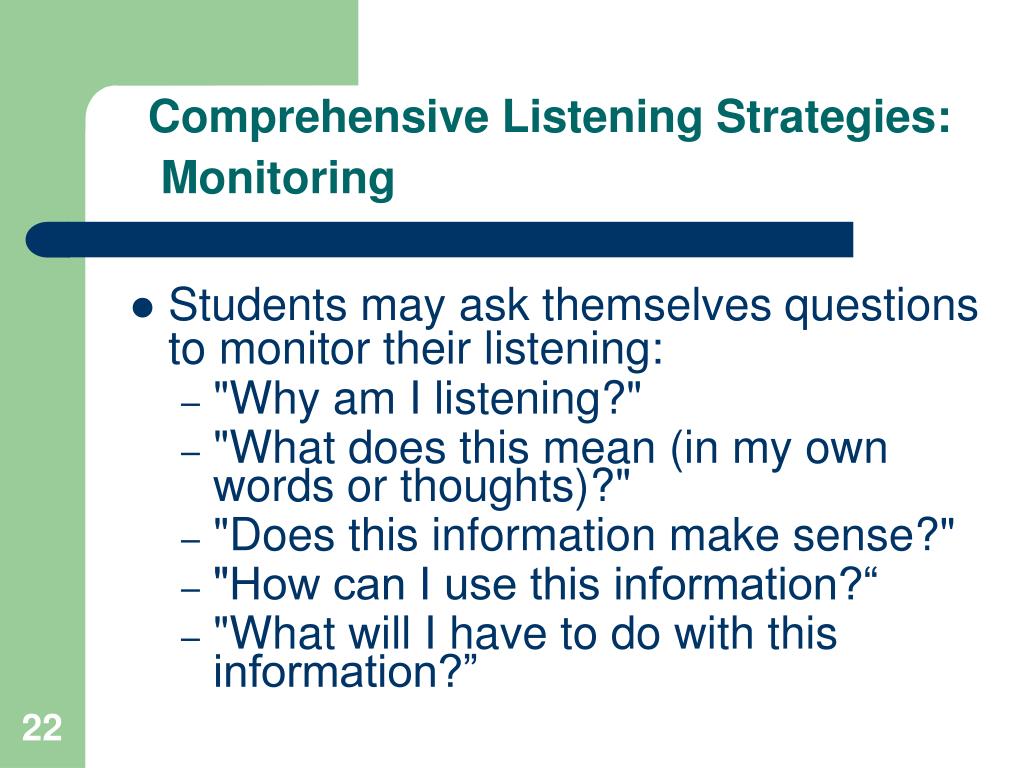

Non-Verbal Communication: Face and Voice. Tips for Effective Interpersonal Communication. Now, I think we’ve got time for a couple of questions from our listeners. And of course that has a knock-on effect on our memory and our abilities to recall all kinds of data. By getting into the habit of using word association, visualisation, singing and teaching, our brains develop and work better for us. They are just simple ways that we can train our brains to be more effective. And although these sound like ‘tricks’, they aren’t really.Ĭharles: No. Mary: That sounds like a great tip … or ‘trick’.Ĭharles: Yes, it really works because in order to teach something you need to understand it. Better still, record yourself ‘teaching’ and then play back the video to revise the material further. You can just imagine someone is listening to you as you teach. It can be a real person - a friend in a study group is ideal - or it can be a ‘pretend’ person. So, if you’re studying for an English exam, teach the concepts to someone else. ‘Teach it’.Ĭharles: Teach whatever it is that you want to remember. It’s particularly relevant for any students who have tuned in. And I always got good marks for history.Ĭharles: Yes! I’ve saved the best one till last. Mary: And did you have to sing aloud in your history exams?Ĭharles: Not aloud! But I did used to sing in my head. I used to ‘sing’ lists of historical facts and dates. Singing is one of most effective and earliest memory tricks that are used for learning new concepts. So instead of reading a text aloud, you sing it. You can use several images in a row to remember things like information in a text or a list of ingredients for a recipe.Ĭharles: Singing can help with memorisation too.Ĭharles: Yeah. The image of the wall becomes an important part of what you will remember. For example, if you want to remember the date that the Berlin Wall came down, you might visualise a picture of a wall with the date written on it in graffiti. So you have to visualise an image that is connected to the thing you need to remember. Mary: It sounds too good to be true! What else, Charles?Ĭharles: Visualisation is another trick we can use. Later, in your science exam, just recall the name and the whole equation should come back to you. Try it! Read the equation a few times and then say your dog’s name again and again. 
So, for example, you can use the name of your pet dog to remember a scientific equation. The word needs to be something familiar, that you come into contact with on a daily basis. This means choosing a word or phrase you associate with what you are trying to remember. We can use word association to remember an idea or a concept. Let’s start with ‘association’.Ĭharles: Yes. Mary: So what tips have you got for improving the quality of our memory?Ĭharles: Right. We use a combination of both types of memory when we want to formulate our thoughts and recall information, whether we’re trying to remember something from a decade ago or just an hour earlier. Mary: Are they ‘long-term memory’ and ‘short-term memory’?Ĭharles: That’s right! But these aren’t completely separate concepts. The process of memorisation occurs in two distinct forms. The tips I’m going to share today are based on the things we used to do to help us remember when we were children.
#VOCABULARY CONCENTRATION MEMORY IN COMPREHENSIVE LISTENING HOW TO#
Young children are naturally very good at working out how to remember things. We learn to use our memory when we are still at nursery school. I always forget to take my list.Ĭharles: You and thousands of other people too, Mary. It doesn’t matter whether you’re a student revising for your finals or an adult standing in the aisle of a supermarket, trying to recall a particular item from a grocery list.

It’s vital that we understand the process if we want to make adjustments to the way we function. I’d like to start by talking about the process of memorisation. Can you give us some advice about improving our ability to memorise?Ĭharles: Hello! Yes, of course. It’s all about how to make our memory function better.Ĭharles, exam time is looming and there’ll be lots of teenagers tuning in today. Charles has just published an article in New Science journal about memorisation. Mary: I’d like to welcome Charles Long to the studio today.







 0 kommentar(er)
0 kommentar(er)
